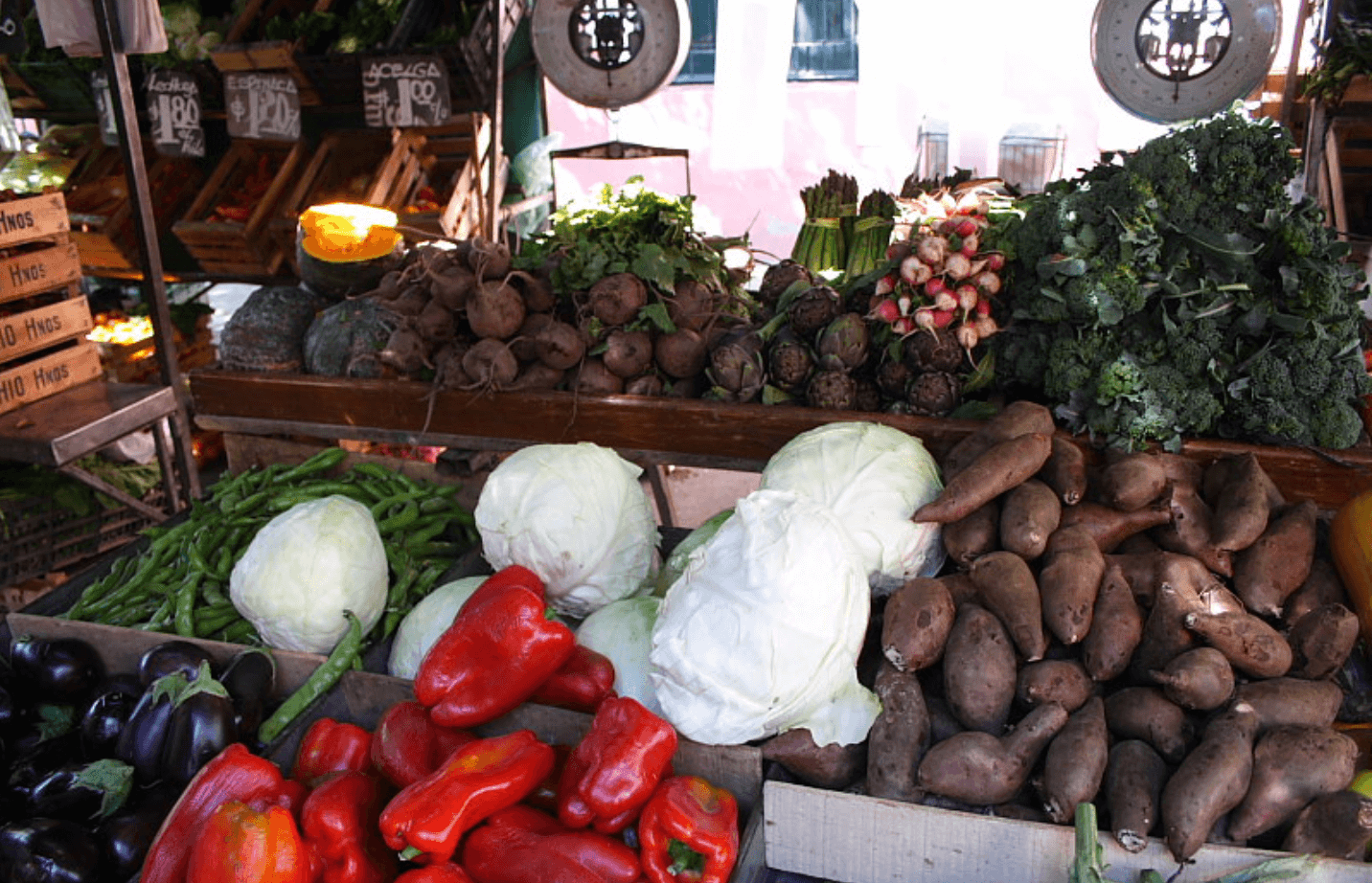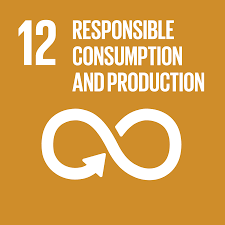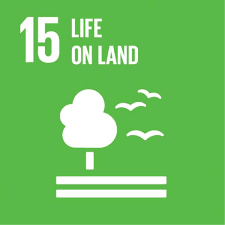The action and its aims
“Fomentando Huertas” aims to create a unified urban agriculture policy that extends across various departments of government. Its primary objective revolves around fostering environmentally sustainable agricultural practices that create employment opportunities. Some of the key aspirations of “Fomentando Huertas” include enhancing the community’s quality of life, instilling a habit among families to consume self-produced food, encouraging vegetable cultivation in the community and at schools, educating about the advantages of good nutrition, improving the nutritional well-being of families, and fostering solidarity and collaborative efforts among neighbours.
The Municipal School of Agroecological Gardens was founded with the mission of promoting agroecology and providing assistance to organisations and groups engaged in community gardening within the city.
When it was introduced
The project was introduced in 2020 and will run until 2024.
Why it was needed
According to a U.N. report, the population in Argentina facing severe food insecurity increased from 2.5 million to five million between 2014 and 2018. When considering those who occasionally have difficulties sourcing healthy, fresh nutritious food, the total reaches 14 million individuals, accounting for 32% of the country’s population. The City of Córdoba created a policy to tackle this issue.
Who initiated it, who is involved
This initiative is a collaborative effort between the municipality of Córdoba, the Ministry of Agriculture and Livestock, the Green Spaces Directorate and the Social Economy Directorate, in partnership with the National Institute of Agricultural Technology, the Faculty of Agricultural Sciences, the Secretary of Family Agriculture of the Province of Córdoba, and the Movement of Workers of the Popular Economy. It actively engages multiple stakeholders from civil society, including NGOs, the private sector, neighbourhood centres, and senior centres.
Impacts to date
Throughout 2020 and 2021, a model agroecological garden was developed and 60 training workshops on diverse urban agriculture topics were conducted. This effort led to the formation of a network of community gardens in 2021. In 2022, the Municipal School of Agroecological Gardens was founded, with a central mission to promote agroecology and provide support to organisations and groups engaged in community gardening within the city. This support included workshops, the provision of necessary resources, and comprehensive training.



